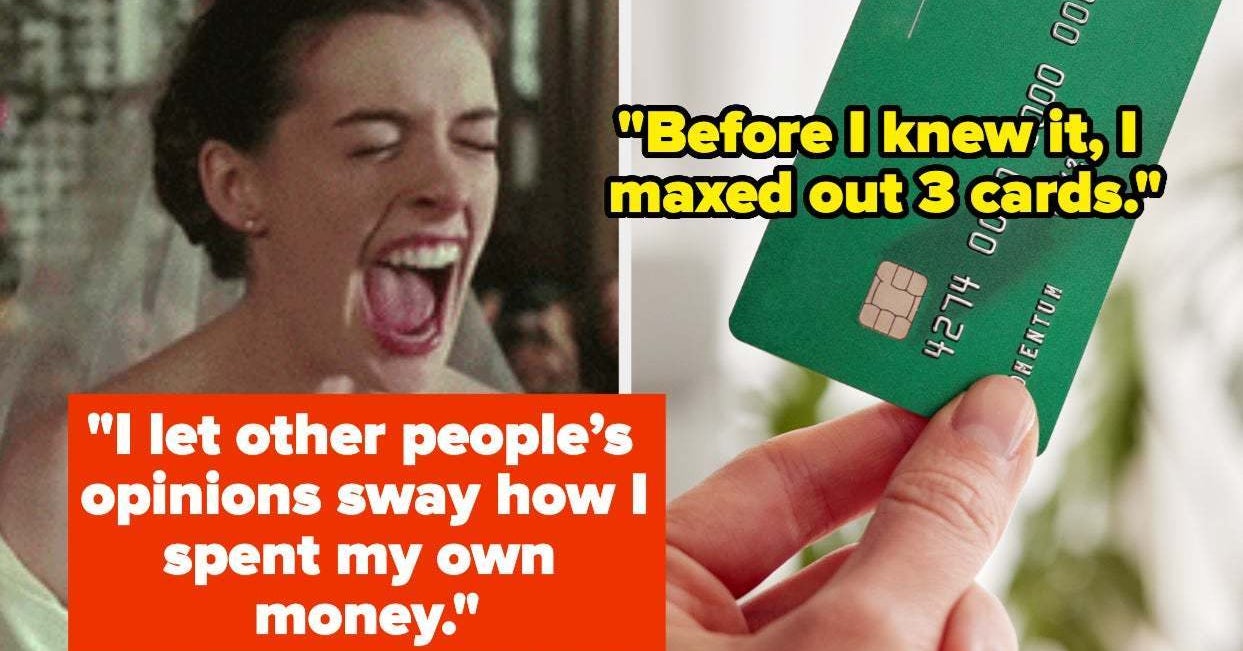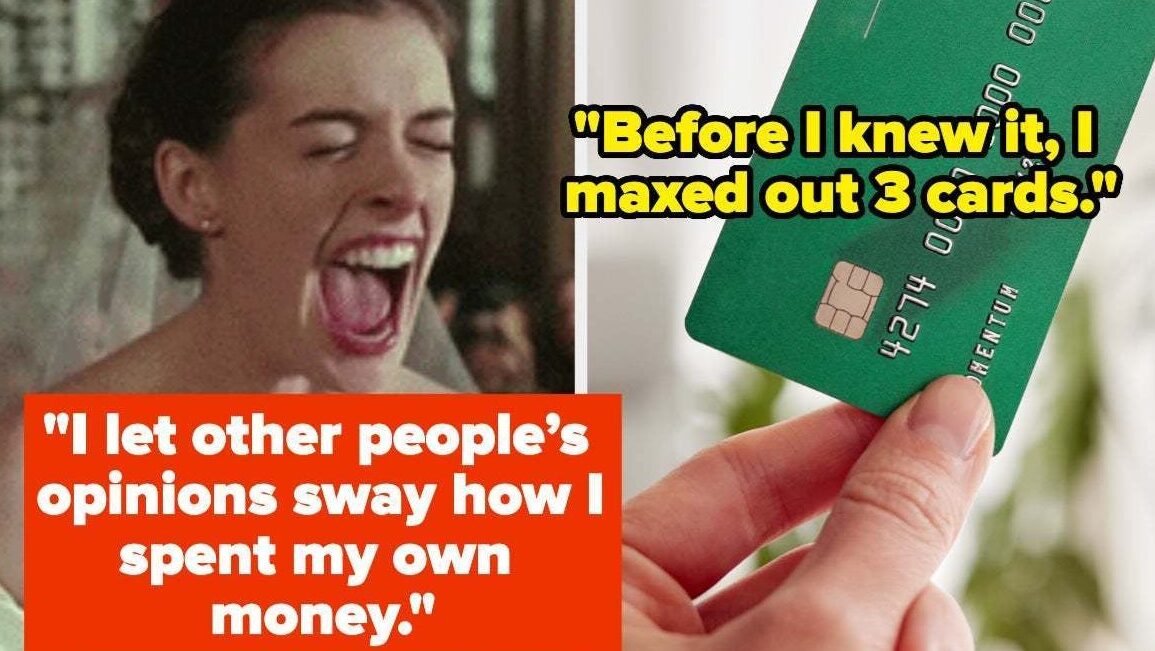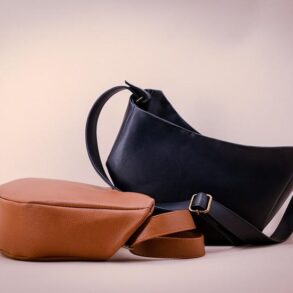
From silly impulse purchases to unnecessary splurges, there are many types of transactions people come to regret once it’s time to pay the bills. Fortunately, these experiences can help make us wiser shoppers.
“It’s important to keep in mind that spending regrets typically have lessons associated,” said Bola Sokunbi, founder of Clever Girl Finance. “So it’s important to assess what the lessons are so that you can plan your finances more carefully into the future. We all make money mistakes. What’s most important is that we learn from them.”
Below, Sokunbi and other financial experts share their biggest spending regrets and the lessons they derived from these missteps.
Designer Handbags
“One of my biggest spending regrets is luxury items I barely used, specifically designer handbags in my 20s and other brand clothing. I’m all for buying quality items, but it has to make sense when it comes to cost per wear. I had a collection of items I was barely using that would’ve been a better sense if the money was invested. I learned this in retrospect.
“Personally, I’ve learned to really assess expensive purchases. How would I use the item? Do I need the item? Can the money be put to better use as an investment? These are questions I ask myself and encourage others to ask themselves as well. Eventually, I downsized my collection of luxury bags and invested the money. I lost money on some and made money on others. However, if I had the money invested, I would have made a lot more from appreciation and compounding.” ― Sokunbi
The Newest Macbook
“A spending regret I have is purchasing the latest model of laptop. I ended up using it, and a month down the road, I realized that I would have been just as satisfied with the model before the newest one, which is typically a lot cheaper. For example, the iPhone 14 is about $100 cheaper than the iPhone 15. The MacBook Pro is $900 more than the MacBook Air. This does not mean you always should go with the cheaper option, but it is important to implement a waiting period. For larger purchases, I recommend a month. This gives you time to shop around for the best price, but also to compare models. Is the new feature worth the cost to you, or will you even notice a difference? I bought the MacBook Pro instead of the MacBook Air a few years back when my old laptop died and realized that for the purposes I use a laptop, there was really no difference other than the touch bar at the top ― and that excitement wore off quickly!” ― Kendall Meade, certified financial planner at SoFi
A Big Wedding
“My biggest spending regret is spending over $50,000 on a wedding that I didn’t want and only had to placate my Latino parents as their eldest daughter. They wanted me to have a fairytale wedding, so they ended up using $15,000 from their retirement account to help me pay for my wedding, while I covered the rest. I’m now divorced, so there’s that. It was definitely a waste of money, and if I could do it all over again, I would have done a much smaller thing (or better yet to be honest, not gotten married at all). Just because society has normalized spending extravagantly on things like weddings, buying a house, or a new car, that doesn’t mean that you have to. Learn how to value-based spending, i.e. think about what really matters to you and spend your money accordingly, regardless of what ‘the norm’ is.” ― Jannese Torres, creator and host of the “Yo Quiero Dinero” personal finance podcast
“My biggest spending regret is the money I spent on my wedding. I originally wanted a smaller wedding with about 75 people, but it slowly escalated into a 250 person event that was very expensive and overwhelming. I shifted from my original, more budget-friendly vision in order to make other people happy. The money I spent didn’t add to the experience, and ever since I have found myself admiring friends who have small ceremonies and receptions. This spending regret has stuck with me because I let other people’s opinions sway how I spent my own money.” ― Jacqueline Howard, head of money wellness at Ally Bank
A Whole Life Insurance Plan
“I bought a whole life insurance plan that I truly regret. I was 24 and had no clue about insurance and investing. I lost $17k once I actually looked at the numbers and closed the account. One of the biggest lessons is don’t rush to purchase anything, especially financial products that you are not knowledgable about.
“In a social media world full of stories of overnight wealth and success, it can be tempting to throw your money at things that you think will get you there. I think you can regret not spending money on things as well. For money hoarders, this can especially be true. They miss out on opportunities to experience things in life and with others because of their inability to spend.” ― Kara Stevens, founder of The Frugal Feminista and author of “Heal Your Relationship with Money”
Bad Investment Tips
“I’m embarrassed to say that on several occasions, I fell victim to watercooler advice. That is advice that is anecdotal and more rumor-based than knowledge-based. I have spent hard-earned money on speculative stock tips and have lost money more than once. It can happen to anyone. The old expression, ‘If it sounds too good to be true, it probably is,’ is alive and well when it comes to listening to the wrong advice from unqualified sources.
“Another example of a personal blunder was a significant loss I experienced with a condo conversion project that was a miserable failure. A form of greed seems to creep into your normal thought process, and one gets perhaps a little lazy. It’s even worse when you know better and do it anyway. One thing I’ve learned is that nothing comes easy or is certain. If someone is telling you that you can earn money quickly and easily, even if it’s from a close family member or friend, it’s usually a red flag.” ― Lamar Brabham, CEO and founder of Noel Taylor Agency
This post was originally published on this site be sure to check out more of their content.







